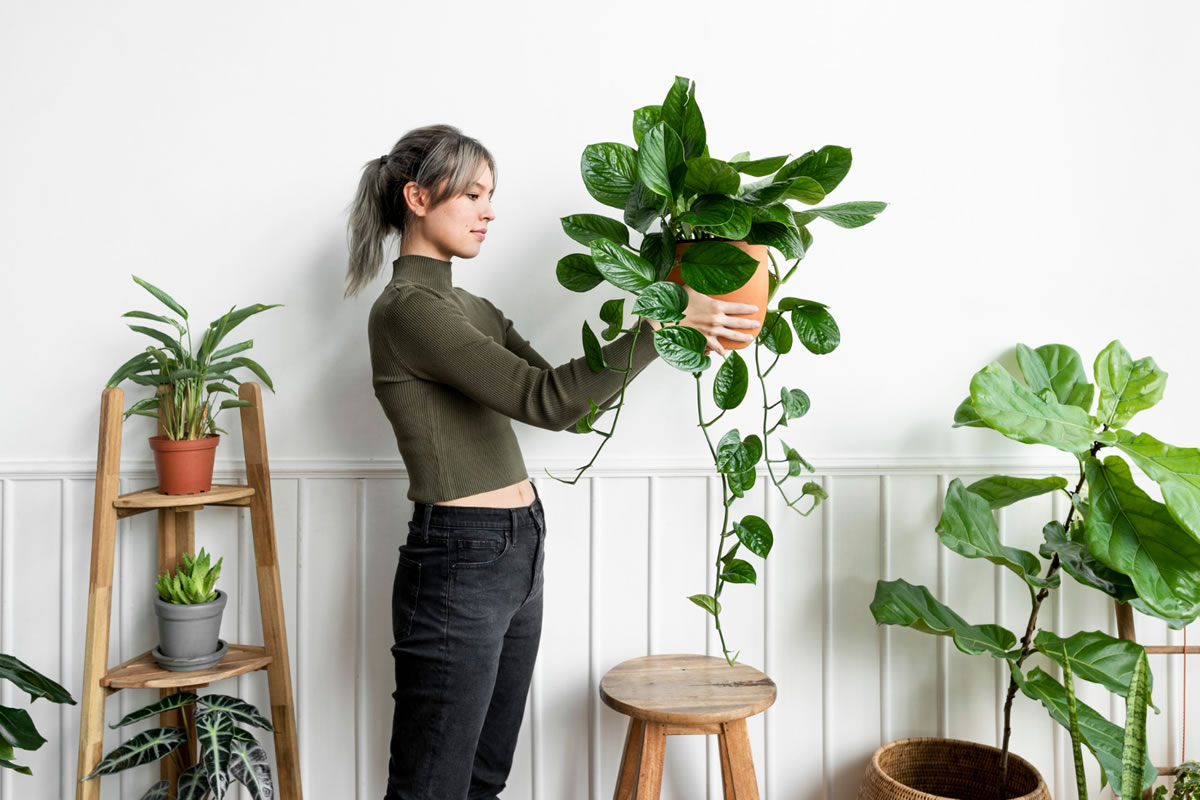
Houseplants are an ideal way to invigorate any living space. Studies indicate they can also filter the atmosphere, making them beneficial occupants of your apartment. But what your thumb is far from being green? If you're an amateur at assuming maintenance of plants, the fantastic news is that it does not require a degree in plant studies to help them thrive in your surroundings. There are seven primary things to recall when caring for your indoor plants, and experts from our apartments for rent in Ft Myers, FL, gathered them below.
Each houseplant comes with its own list of directions. They are usually found on the small tab in the soil in the plant you bought. Read this and any further advice you might find online about the plant before doing anything else (even buying it). Then, if you believe you can care for the plant in the manner it demands to be tended to, you can carry it home.
Each plant is special, which indicates it has its own watering procedures. Begin by obeying the recommendations on the tab, then modify based on your plant's looks. It is valuable to know the signs of under- and overwatering. If you've under-watered, the earth will seem parched and crumbly. On the other hand, even after a few days, the earth will still be wet when you've overwatered. Uncover a balance to guarantee your plant gets only the proper amount of water.
Many plants require more sunshine than others. You need to discover a balance — too much sun can scorch it, while too little will cause it to seem wilted. Be careful about how much sun it gets every day, and adjust as needed. As always, the recommendations are a useful baseline to start with.
Barring analyzing the dirt, it is vital to confirm your plant appears healthy. If its leaves begin to look parched, it could be time to move the plant out of any direct sunlight. If it isn't flourishing or looks like it's trying to expand towards where the sun shines, you can move it into the sunlight. Any brown or yellow blemishes are an issue and may mandate that you enhance the humidity of their surroundings.
You can repot any time during your houseplant's life cycle, but there are indications that it really needs it. When new leaves develop slowly and are littler than more aged leaves, when the earth parches out quicker than it used to, or when the roots are either overgrown or tightly wound together, it is time for a new pot. Move your houseplant to a bigger pot right before its growth spell to ensure its health.
Keep your houseplants in a space with a moderate, consistent temperature. That, in part, implies keeping them alienated from any heating vents or air conditioners.
Don't overlook that plants need nutrition, too. Fertilize your houseplants when repotting or when they seem to quit growing. Remember to provide them just enough because too much fertilizer can harm their growth.